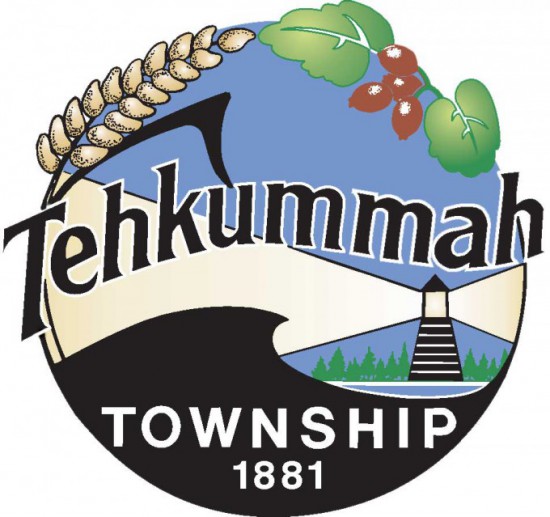TEHKUMMAH—Responding to an Ontario Ombudsman report on an investigation into closed meetings at the Township of Tehkummah that identified several best practices that office believes should be adopted by council, a motion was passed to audio and videotape council meetings.
A letter to town Clerk-Treasurer Karen Gerrard outlined a discussion that indicated the Ombudsman had received a complaint regarding five closed meetings held by the municipality.
“We contacted the township to request the open and closed minutes of council meetings held on February 2, May 3, June 7, July 12 and September 13, 2016,” reads the letter. “We also requested the meeting materials considered in those closed meetings.”
The letter went on to note that the minutes the Ombudsman received “consisted mainly of lists of resolutions passed by council without further description of the nature of discussions which took place.” The letter noted that the materials and minutes the office received had been compiled by the previous clerk-treasurer.
In response to its assessment of those materials, the Ombudsman supplied a list of suggested best practices for the municipality. Citing a previous assessment conducted by the Ombudsman of the minutes of the Township of Bonfield, the Ombudsman noted that the following information should be included in meeting minutes: where the meeting took place; when the meeting started and stopped; who chaired the meeting; who was in attendance at the meeting (with specific reference to the clerk or other designated official responsible for recording the meeting); whether any participants left or arrived while the meeting was in progress and, if so, at what time this occurred; a detailed description of the substantive and procedural matters discussed, including reference to any specific documents considered; any motions, including who introduced the motion and seconders; and all votes taken and all directions given.
“In addition, our office encourages municipalities to adopt the best practice of audio or video recording both open and closed council proceedings,” reads the letter. “Keeping complete and accurate minutes of closed session meetings ensures that members of the public feel confident that matters dealt with in closed session were appropriate for in camera discussion and that requirements of the Municipal Act and local bylaws have been followed; in addition, fulsome minutes allow members of the public who are unable to attend council meetings to understand how and why council reached certain decisions.”
In particular, the Ombudsman’s office noted that in their review of the town’s meeting minutes, “we noted that resolutions to proceed in camera did not clearly state the subject matter to be discussed in closed session.” The letter notes that section 239(4) of the Municipal Act requires that the resolution to proceed into closed session include the general nature of the subject matter to be discussed. “To ensure that the resolution to proceed in camera maximizes the information available to the public, the township may wish to include a brief description of the topic to be discussed in its resolutions. Doing so provides meaningful information to the public about the issues to be discussed in camera and provides confidence that the meeting has been properly closed for a legitimate purpose.”
The Ombudsman’s office also indicated that their review of the documents did not show that the council reports back, in general terms, on what happened in camera in open council, or “shares a general summary of what was discussed,” in open session following its in camera discussion. The letter concluded by thanking the municipality for its cooperation and included that their office would not be taking further action, but went on to urge the township adopt the best practices outlined above.
In discussion following the presentation of the report to council and an explanation of the process of entering into a closed meeting given by Ms. Gerrard, the clerk-treasurer noted that documents entered into court were in fact public documents. She noted that the documents regarding a recent court case involving the town and a contractor were therefore included in the council package.
Reeve Eric Russell asked what documents might be protected from a court battle between the municipality and another entity. “I can’t say right off,” replied Ms. Gerrard, indicating that she would have to review the documents in order to make a call on what meets the bar for disclosure.
With little additional discussion the council voted to pass a motion to adopt the Ombudsman recommendations and instructed the clerk-treasurer to investigate the equipment necessary to record audio and visual from the meetings.





